Navigating Seward, Nebraska: A Comprehensive Guide to the City’s Geography and History
Related Articles: Navigating Seward, Nebraska: A Comprehensive Guide to the City’s Geography and History
Introduction
In this auspicious occasion, we are delighted to delve into the intriguing topic related to Navigating Seward, Nebraska: A Comprehensive Guide to the City’s Geography and History. Let’s weave interesting information and offer fresh perspectives to the readers.
Table of Content
Navigating Seward, Nebraska: A Comprehensive Guide to the City’s Geography and History
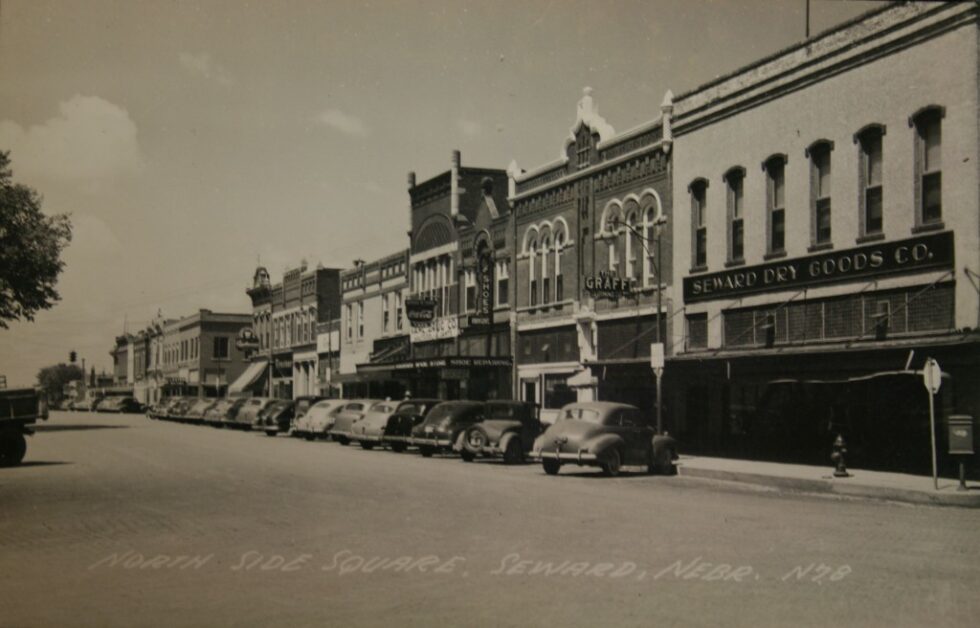
Seward, Nebraska, nestled in the heart of the state, boasts a rich history and vibrant community. Understanding the city’s layout through its map is essential for appreciating its unique character and discovering its hidden gems. This comprehensive guide delves into the intricacies of Seward’s geography, exploring its historical development, key landmarks, and practical uses of its map.
Seward’s Geographical Context: A Crossroads of History
Seward’s location in the central part of Nebraska, approximately 30 miles south of Lincoln, places it strategically at a crossroads of historical significance. The city’s proximity to the Platte River, a vital waterway for early settlers and traders, played a crucial role in its development. Seward’s map reveals its connection to the wider landscape, showcasing its location along the historic Oregon Trail and its proximity to the scenic Salt Valley.
A Historical Journey Through Seward’s Map
Tracing the evolution of Seward’s map through time reveals the city’s growth and transformation. Early maps, dating back to the 19th century, highlight the importance of the Platte River and the initial settlement patterns along its banks. As the city expanded, its map reflected the development of key infrastructure, including the arrival of the railroad in the late 19th century, which significantly impacted the city’s growth and commerce.
Deciphering Seward’s Map: A Guide to Key Landmarks
Seward’s map offers a valuable tool for discovering the city’s most notable landmarks. The Seward County Courthouse, a striking example of Romanesque Revival architecture, stands as a prominent feature on the city’s map, symbolizing its historical and civic significance. The Seward State Historical Park, located on the outskirts of the city, offers a glimpse into Nebraska’s past, showcasing the historic buildings and artifacts that tell the story of early settlers and pioneers.
The Practical Uses of Seward’s Map: Navigation and Exploration
Beyond its historical significance, Seward’s map serves practical purposes for residents and visitors alike. It provides an essential tool for navigating the city’s streets, locating points of interest, and discovering local businesses. Whether searching for the best local restaurants, finding the nearest park, or planning a scenic drive through the countryside, Seward’s map offers a comprehensive guide to the city’s offerings.
Seward’s Map: A Window into its Cultural Landscape
The map of Seward not only reveals the city’s physical layout but also provides insights into its cultural landscape. It showcases the location of schools, libraries, museums, and cultural centers, highlighting the city’s commitment to education and community engagement. The map also reveals the presence of numerous parks and recreational areas, reflecting the city’s dedication to preserving its natural beauty and offering opportunities for outdoor activities.
Understanding the Importance of Seward’s Map: A Gateway to Discovery
Seward’s map acts as a gateway to understanding the city’s unique character and discovering its hidden gems. By exploring the map, residents and visitors can gain a deeper appreciation for the city’s history, its present-day vitality, and its potential for future growth. The map serves as a valuable tool for navigating the city, discovering its hidden treasures, and connecting with its diverse community.
Frequently Asked Questions (FAQs) about Seward’s Map
1. What is the best way to obtain a map of Seward, Nebraska?
Several resources are available for acquiring a map of Seward, including:
- Online mapping services: Popular websites like Google Maps, Bing Maps, and MapQuest offer detailed maps of Seward, allowing users to zoom in, explore streets, and locate points of interest.
- Tourist information centers: The Seward Chamber of Commerce or the Seward County Visitor Center often provide maps and brochures featuring local attractions and points of interest.
- Local businesses: Many businesses in Seward, such as hotels, restaurants, and gas stations, may offer maps or brochures to their customers.
2. How can I find specific locations on the map of Seward?
Online mapping services offer various search functions to locate specific addresses, businesses, or landmarks. Users can enter the name of the location they seek, and the map will highlight its position.
3. Are there any historical maps of Seward available online?
The Nebraska State Historical Society’s website and the Library of Congress’s digital collections may contain historical maps of Seward, providing insights into the city’s past development.
4. How can I use Seward’s map to plan a day trip or weekend getaway?
Seward’s map can be used to plan a day trip or weekend getaway by identifying points of interest, attractions, and potential routes. Users can plot a course based on their interests and time constraints.
5. What are some recommended resources for learning more about Seward’s history and culture?
The Seward County Historical Society, the Seward State Historical Park, and the Seward Chamber of Commerce offer a wealth of information about Seward’s history, culture, and attractions.
Tips for Using Seward’s Map
- Explore different map views: Online mapping services offer various map views, including satellite imagery, street maps, and terrain views, allowing users to explore Seward from different perspectives.
- Use the search function: Utilize the search function to locate specific addresses, businesses, or landmarks.
- Download maps for offline use: Some mapping services allow users to download maps for offline use, ensuring access to navigation even without an internet connection.
- Utilize map layers: Online mapping services often offer map layers that provide additional information, such as traffic conditions, points of interest, and public transportation routes.
- Combine maps with other resources: Integrate maps with other resources, such as websites, travel guides, and local brochures, to enhance the planning and exploration experience.
Conclusion
Seward’s map serves as a valuable tool for understanding the city’s geography, history, and cultural landscape. It provides an essential guide for navigating the city, discovering its hidden gems, and connecting with its vibrant community. By exploring Seward’s map, residents and visitors can gain a deeper appreciation for the city’s unique character and its potential for future growth. The map acts as a gateway to discovery, enabling individuals to explore the city’s past, present, and future.
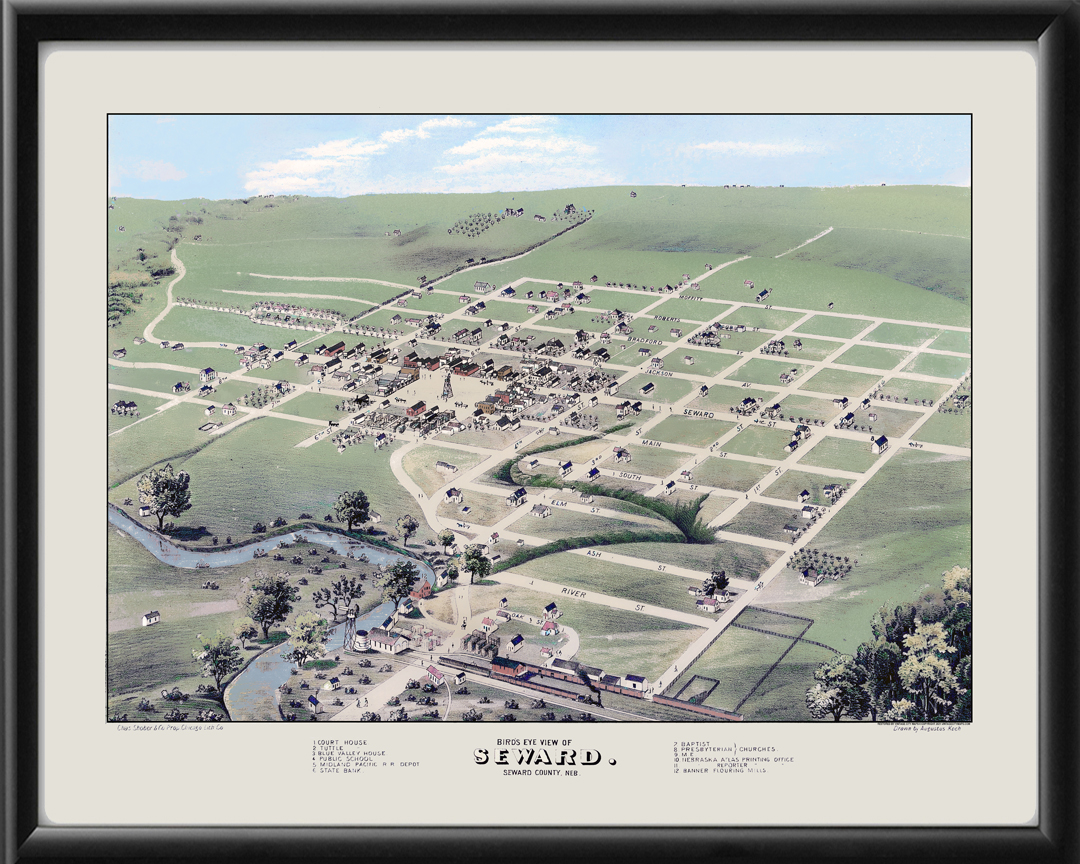
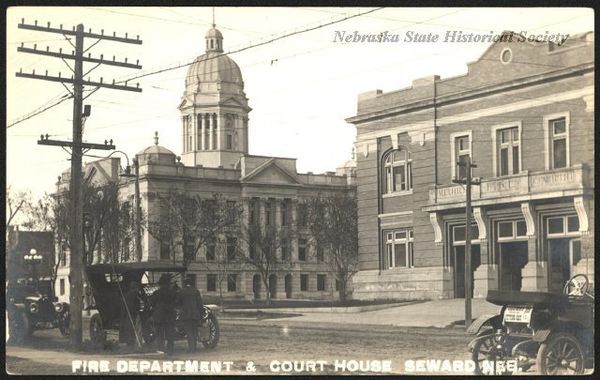
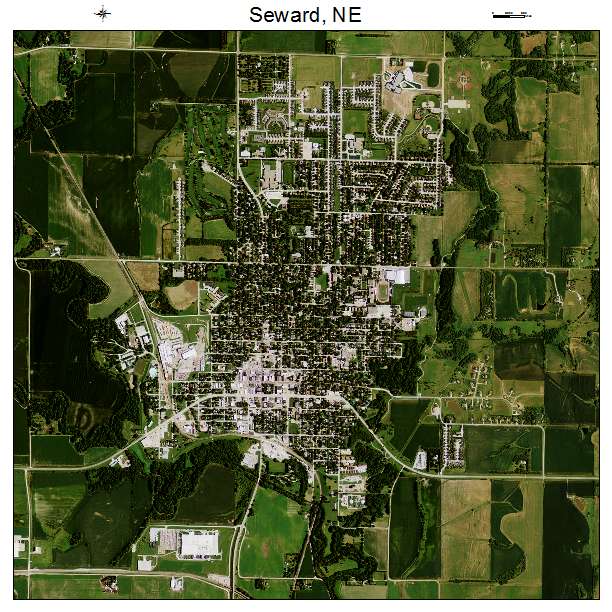
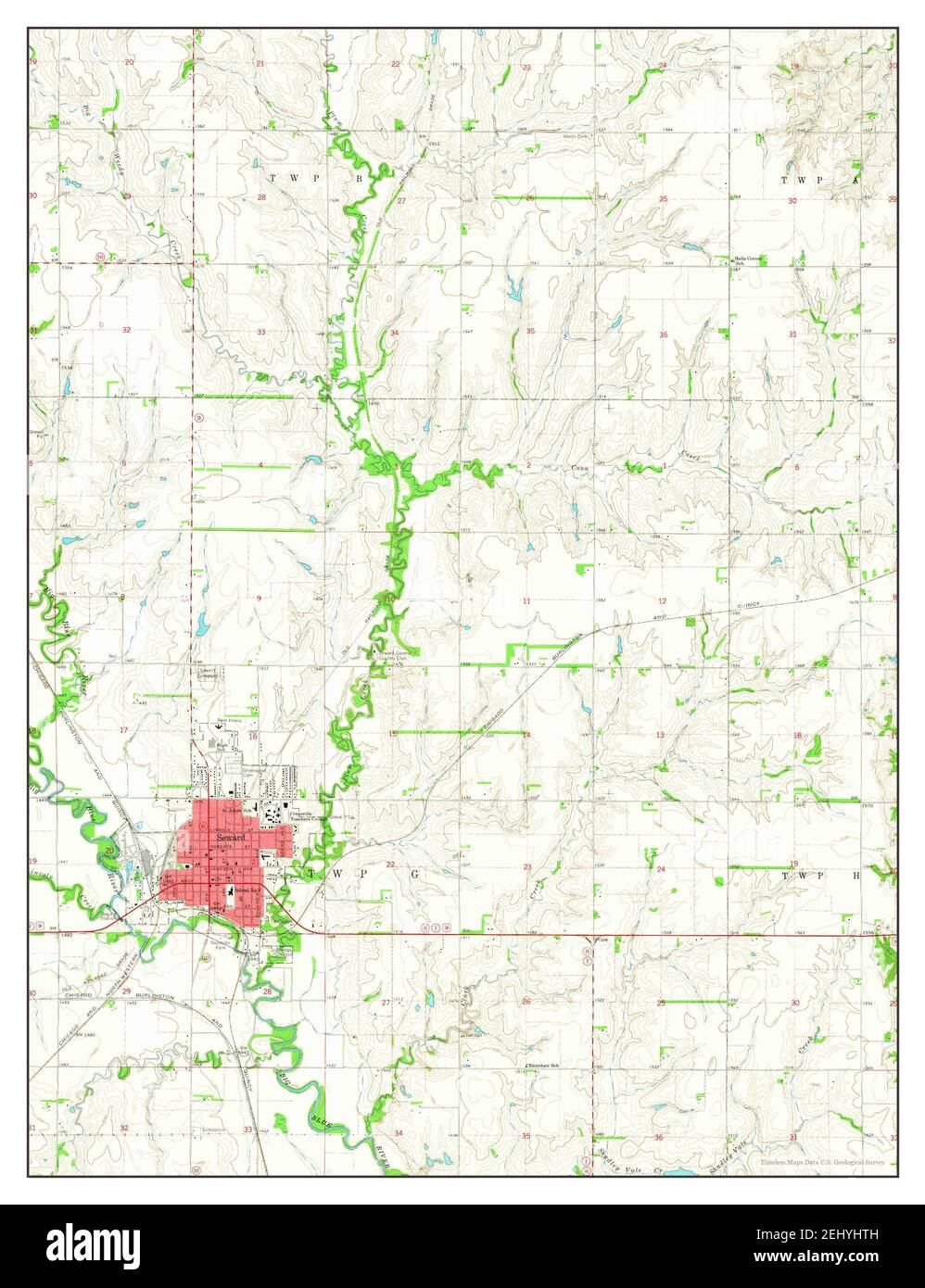

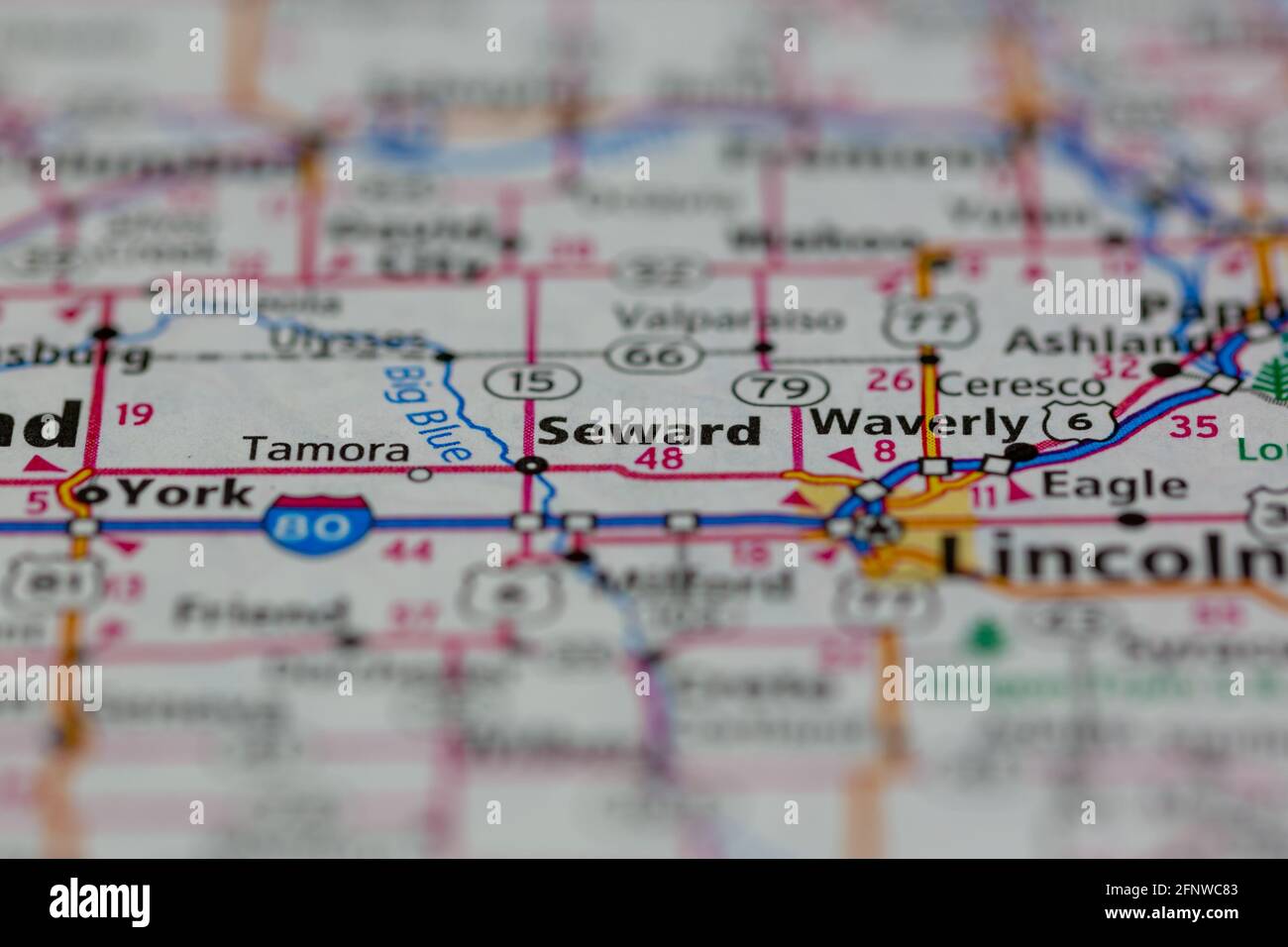
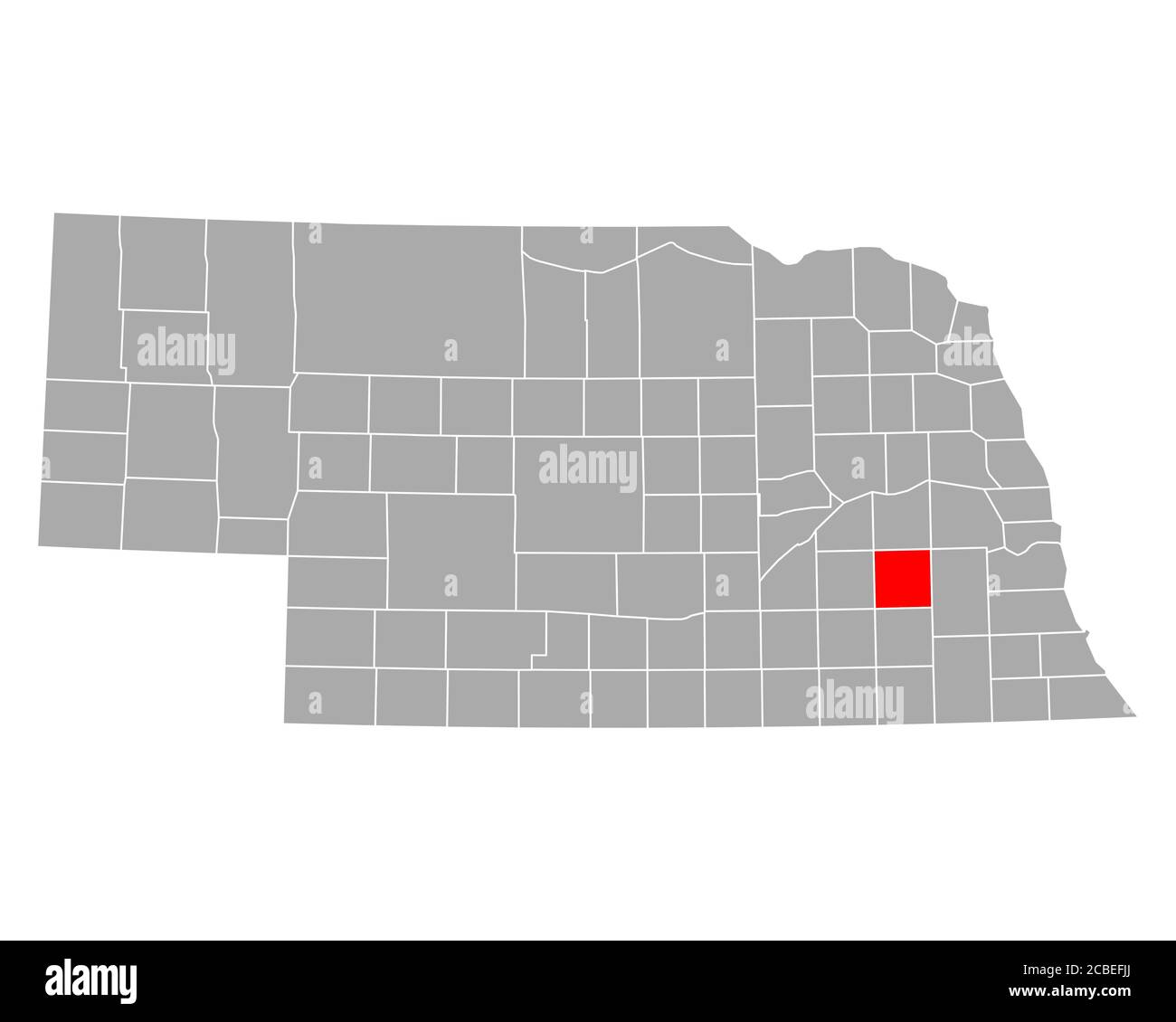

Closure
Thus, we hope this article has provided valuable insights into Navigating Seward, Nebraska: A Comprehensive Guide to the City’s Geography and History. We thank you for taking the time to read this article. See you in our next article!